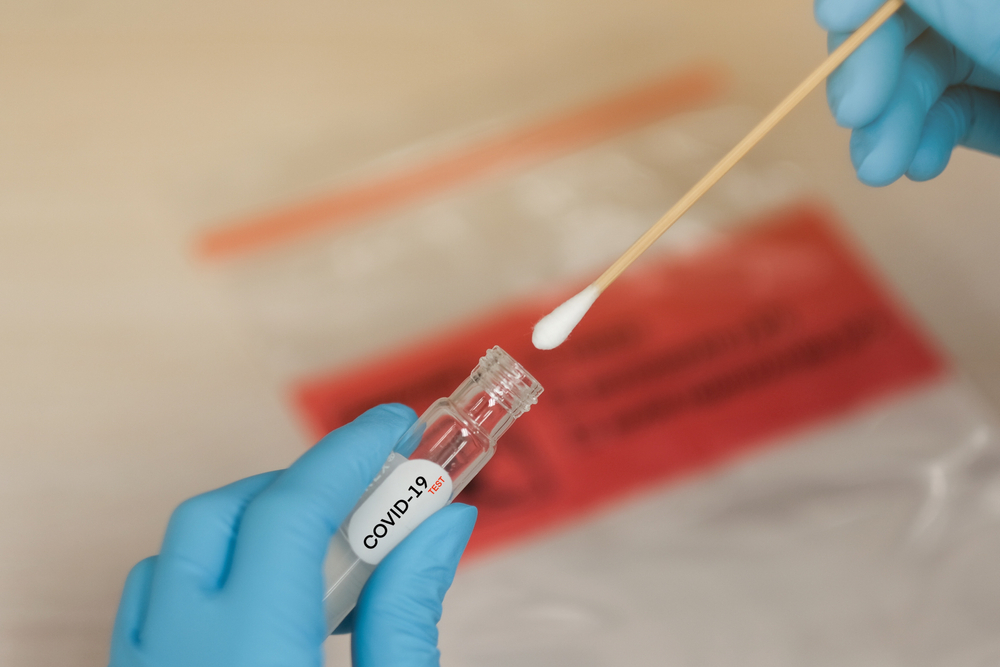Why do some people infected with the coronavirus suffer only mild symptoms, while others become deathly ill?
Geneticists have been scouring our DNA for clues. Now, a study by European scientists is the first to document a strong statistical link between genetic variations and Covid-19, the illness caused by the coronavirus.
Variations at two spots in the human genome are associated with an increased risk of respiratory failure in patients with Covid-19, the researchers found. One of these spots includes the gene that determines blood types.
Having Type A blood was linked to a 50 per cent increase in the likelihood that a patient would need to get oxygen or to go on a ventilator, according to the new study.
The study was equally striking for the genes that failed to turn up. The coronavirus attaches to a protein called ACE2 on the surface of human cells in order to enter them, for example. But genetic variants in ACE2 did not appear to make a difference in the risk of severe Covid-19.
The findings suggest that relatively unexplored factors may be playing a large role who develops life-threatening Covid-19. “There are new kids on the block now,” said Andre Franke, a molecular geneticist at the University of Kiel in Germany and a co-author of the new study, which is currently going through peer review.
Scientists have already determined that factors like age and underlying disease put people at extra risk of developing a severe case of Covid-19. But geneticists are hoping that a DNA test might help identify patients who will need aggressive treatment.
Figuring out the reason that certain genes may raise the odds of severe disease could also lead to new targets for drug designers.
As the pandemic gained momentum in February, Dr Franke and his colleagues set up a collaboration with doctors in Spain and Italy who were struggling with a rising wave of Covid-19.
The doctors took blood samples from 1,610 patients who needed an oxygen supply or had to go on a ventilator. Dr. Franke and his colleagues extracted DNA from the samples and scanned it using a rapid technique called genotyping.
The researchers did not sequence all three billion genetic letters in the genome of each patient. Instead, they looked at nine million letters. Then the researchers carried out the same genetic survey on 2,205 blood donors with no evidence of Covid-19.
The scientists were looking for spots in the genome, called loci, where an unusually high number of the severely ill patients shared the same variants, compared with those who were not ill.
New York Times News Service











